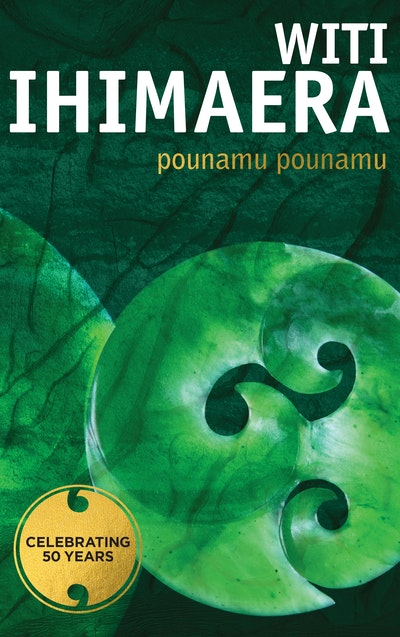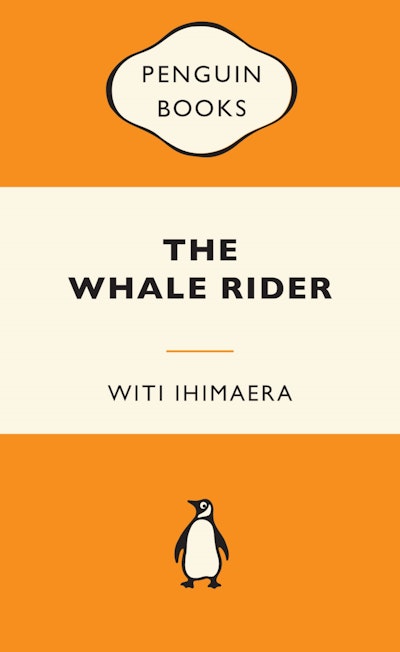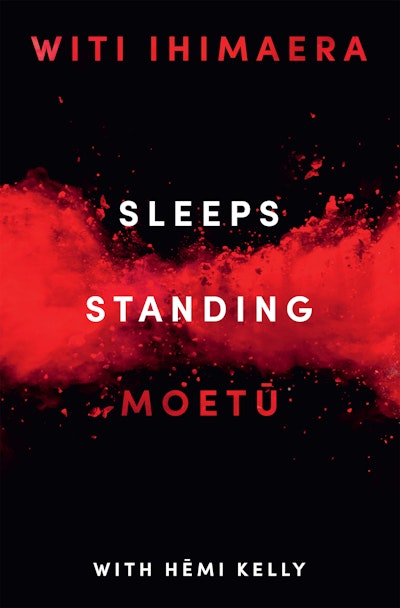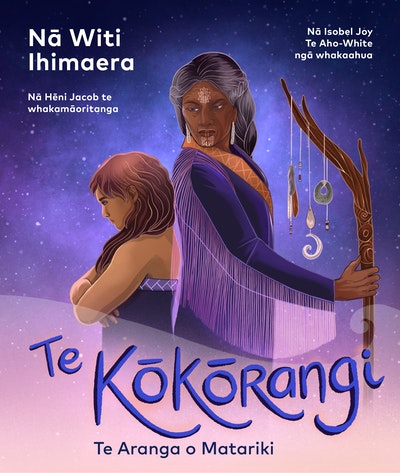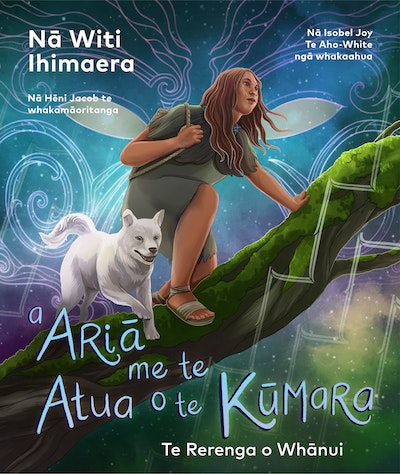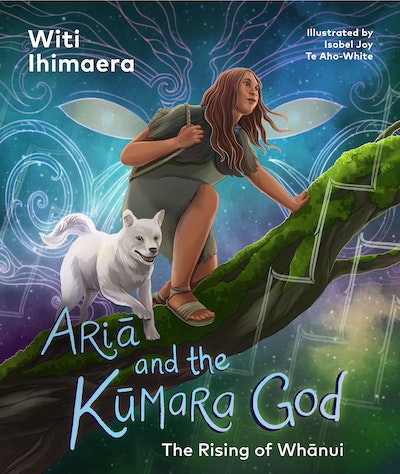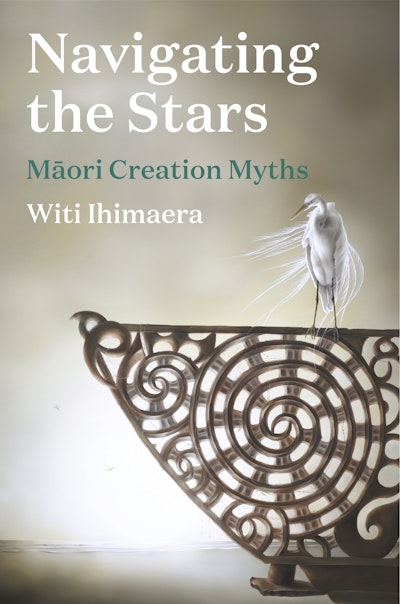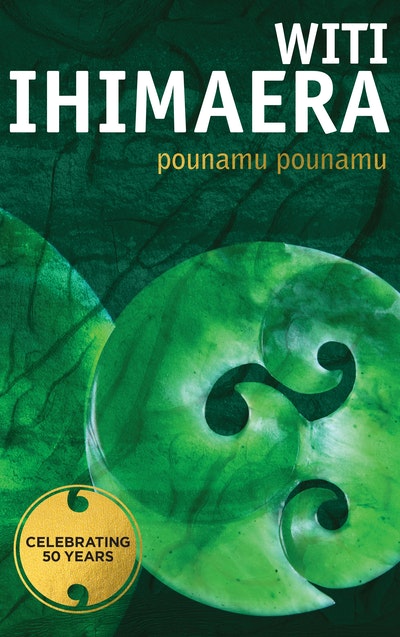[]
Play sample
- Published: 30 August 2022
- ISBN: 9780143778394
- Imprint: Penguin
- Format: Paperback
- Pages: 208
- RRP: $30.00
Pounamu Pounamu
Formats & editions
Buy from…
- Published: 30 August 2022
- ISBN: 9780143778394
- Imprint: Penguin
- Format: Paperback
- Pages: 208
- RRP: $30.00
